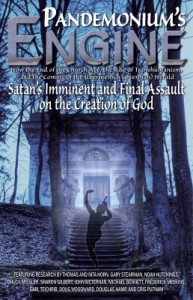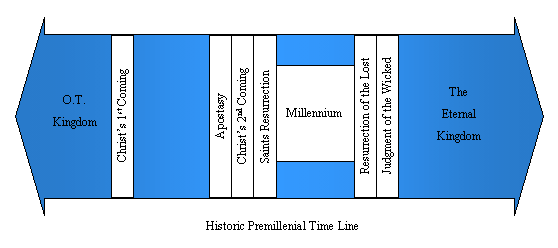I will be speaking at Strategic Perspectives 2015 on Friday, October 23 “Astrobiology the ‘science’ with nothing to study” and another one on Saturday, October 24, 2015: “Who are the Immortals Driving the Paranormal Paradigm Shift?”
Speaking at Strategic Perspectives 2015
Pandemonium’s Engine
 I am privileged to be included in this new book release by Defender Publishing. My chapter is titled “Christian Transhumanism: Pandemonium’s Latest Ploy.” The term “pandemonium” has an interesting origin. It is the capital city of Hell in Milton’s epic poem Paradise Lost. I run a little theme throughout my chapter using quotes from the 17th century Christian classic throughout my critique of transhumanism and the theology and philosophies which under gird it.
I am privileged to be included in this new book release by Defender Publishing. My chapter is titled “Christian Transhumanism: Pandemonium’s Latest Ploy.” The term “pandemonium” has an interesting origin. It is the capital city of Hell in Milton’s epic poem Paradise Lost. I run a little theme throughout my chapter using quotes from the 17th century Christian classic throughout my critique of transhumanism and the theology and philosophies which under gird it.
In Paradise Lost, Satan and the fallen angels have been relegated to Hell and seek to mount a new offensive. In Pandæmonium, the capital city, Satan employs his beguiling oratorical skills to incite his forces. Aided by his lieutenants Mammon, Beëlzebub, Belial and Moloch they plot to overthrow God’s forces. The final strategy is decided when Satan volunteers to poison the newly created Earth and God’s new and most favored creation, Mankind. This is where an intriguing parallel with transhumanism comes into play as it has the potential to do just that. Not only could we create a posthuman species, germline genetic therapies could pass it down to the next generation permanently altering the human genome. The potential for a horrific outcome is real.
The American philosopher, political economist, and author, Francis Fukuyama, agrees, contending that “the most significant threat posed by contemporary biotechnology is the possibility that it will alter human nature and thereby move us into a posthuman stage of history.”[i] The potential threat is real and the decisions made over the next decade will have a deciding influence on the outcome. The theological and ethical issues are critically important for Christian thinkers to consider. This book is just one ripple in the pond of our culture. I pray it inspires many of you to think critically about the spiritual implications of the bio-technology revolution.
Pandemonium’s Engine
Thomas Horn served as editor in chief for this book by numerous experts in Bible Prophecy
Forward – Jim Fletcher
Chapter 1 – Pandemonium and “Her” Children, by Thomas Horn, D.D.
Chapter 2 – Nimrod: The First (And Future) Transhuman “Super Soldier”, by J. Michael Bennett, Ph.D.
Chapter 3 – The Folly of Synthetic Life: Genetic Tampering, Ancient and Modern, by Gary Stearman
Chapter 4 – The Übermensch and the Antichrist, by Douglas Woodward
Chapter 5 – Christian Transhumanism: Pandemonium’s Latest Ploy, by Cris D. Putnam
Chapter 6 – Transhumanism Enters Popular Culture, by Frederick Meekins
Chapter 7 – Man Becoming His Own God?, by Douglas Hamp
Chapter 8 – Transhumanism From Noah To Noah, by Noah W. Hutchings
Chapter 9 – Genetic Armageddon, by John P. McTernan, Ph.D.
Chapter 10 – To Storm Heaven; To Be Like God; To Rule the World, by Carl Teichrib
Chapter 11 – Pandora’s Box for the 21st Century? The Sorcerer’s Apprentice, by Chuck Missler, Ph.D.
Chapter 12 – Dragon’s Breath, by Sharon K. Gilbert
-
Order the book for $10.00 plus shipping:
[i] Francis Fukuyama. Our Posthuman Future.(New York: Picador, 2002),7.








